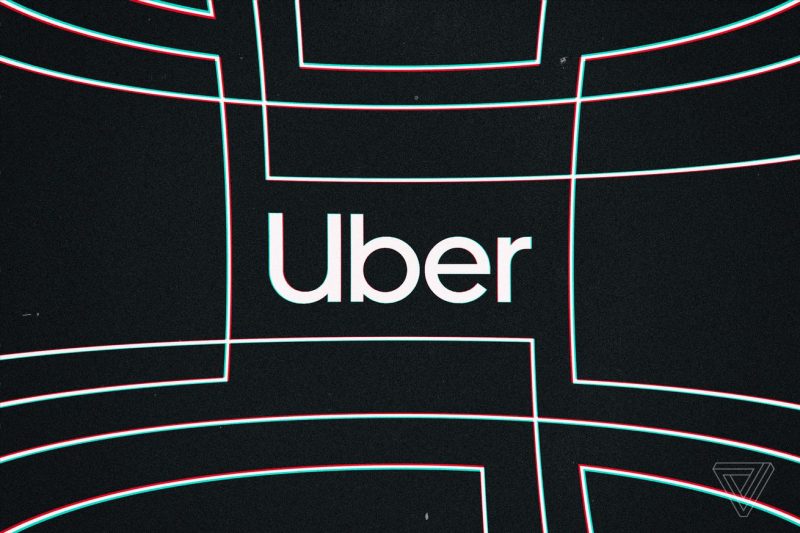Uber’s $1,000 Incentive to Ditch Your Car for Five Weeks
The recent announcement by Uber to offer a $1,000 incentive to individuals who agree to give up their personal vehicles for a period of five weeks has sparked significant interest and debate. This initiative, aimed at reducing congestion and carbon emissions in metropolitan areas, has garnered both praise and skepticism from various stakeholders.
The program, known as the Ditch Your Car Challenge, encourages participants to rely solely on Uber, public transport, walking, biking, or carpooling for their transportation needs over the designated five-week period. In exchange for surrendering their cars, participants will receive the $1,000 payment, along with additional incentives such as discounted Uber rides and access to exclusive promotions.
Proponents of the initiative have lauded Uber for taking bold steps towards promoting sustainable transportation practices and addressing urban mobility challenges. By incentivizing individuals to reduce their reliance on personal vehicles, Uber aims to decrease traffic congestion, lower carbon emissions, and promote a shift towards more efficient and eco-friendly modes of transportation.
However, critics have raised concerns about the feasibility and impact of the Ditch Your Car Challenge. Some argue that not everyone can easily give up their cars, especially those living in areas with limited public transportation options or individuals with specific mobility needs. Additionally, the $1,000 incentive may not be sufficient to cover the costs associated with alternative transportation methods for five weeks, particularly for families or individuals with long commutes.
Moreover, there are questions about the long-term effectiveness of such incentives in promoting lasting behavior change. While the five-week challenge may encourage temporary shifts in transportation habits, sustaining these changes beyond the incentive period poses a greater challenge. Without continued support and infrastructure improvements, participants may revert to their previous car-dependent lifestyles once the program ends.
Despite these criticisms, Uber’s initiative represents a significant step towards fostering a more sustainable and efficient urban transportation system. By encouraging individuals to explore alternative modes of transportation and experience the benefits of reducing car dependency, the Ditch Your Car Challenge has the potential to spark meaningful conversations and actions around mobility choices and environmental impact.
In conclusion, while Uber’s $1,000 incentive to ditch personal vehicles for five weeks may not be a perfect solution to urban transportation challenges, it signals a growing awareness and commitment towards promoting sustainable mobility practices. As cities continue to grapple with congestion and pollution issues, initiatives like the Ditch Your Car Challenge offer a glimpse into the possibilities of a more connected, eco-friendly, and efficient urban transportation future.


























